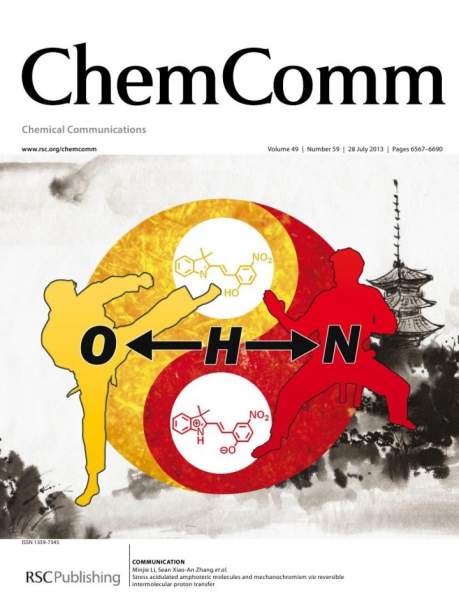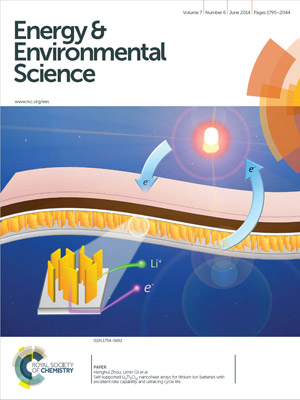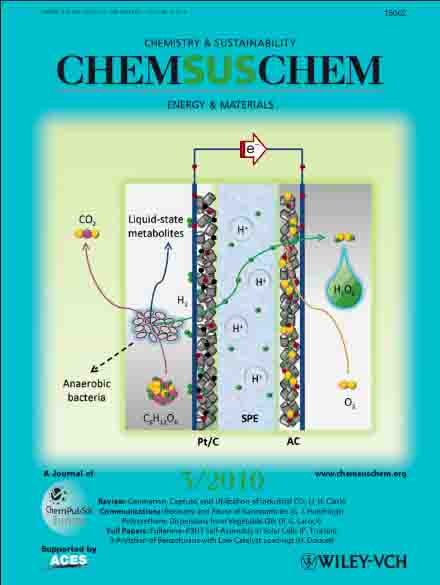As a typical type of man-made nanoreactor, metal-loaded hollow carbon nanoreactor (MHC nanoreactor) has shown significant structural advantages in the field of energy catalysis due to its adjustable microenvironment effects. By precisely controlling the key structural parameters of MHC nanoreactor, the hollow microenvironment at a nano-scale can be targetedly adjusted to achieve specific reaction purposes. Among these microenvironments, the void-confinement effect is considered to be one of the most basic microenvironment effects that can promote the catalytic performance. Although many investigations have provided experimental evidences that the void-confinement effect can improve the catalytic efficiency, its forming mechanism has not been clearly interpreted yet.
Recently, Lu Xuebin (Tibet University), Ji Na (Tianjin University) and Zhang Lidong (University of Science and Technology of China) et al. have jointly published a research article to analyze the forming mechanism of void-confinement effect of MHC nanoreactor with the hydrogenation of biomass-derived levulinic acid as the probe reaction. The results show that: (1) the void-confinement effect of MHC nanoreactor is essentially a comprehensive effect formed by the superposition of electronic metal-support interaction effect, reactant enrichment effect and reactant diffusion effect; (2) The stress change of the bending structure of the hollow carbon spheres will lead to the change of the electronic metal-support interaction, and further lead to the change of the electronic structure of the loaded metal nanoparticles, which will affect the adsorption and activation of the reactants; (3) Hollow carbon structure can induce a balancing effect between reactant enrichment and diffusion behaviors, and they collectively achieve a relatively optimal reactant concentration in the void space under the optimal structural parameters; (4) There is an antagonistic relationship between the “enrichment-diffusion” balancing effect and electronic metal-support interaction effect, which together determine the final catalytic efficiency. This study provides theoretical supports for understanding, controlling, and utilizing the microenvironmental effects of MHC nanoreactor, which further demonstrates its potential advantages in the construction of a sustainable biomass energy catalytic system.
 The above article has been published in the International Journal Angewandte Chemie International Edition. The first author is Yu Zhihao from School of Environmental Science & Engineering, Tianjin University, and the corresponding author is Prof. Lu Xuebin. This article was selected as the Hot Paper by Angewandte Chemie International Edition, and also selected as the Frontispieces Paper of the journal.
The above article has been published in the International Journal Angewandte Chemie International Edition. The first author is Yu Zhihao from School of Environmental Science & Engineering, Tianjin University, and the corresponding author is Prof. Lu Xuebin. This article was selected as the Hot Paper by Angewandte Chemie International Edition, and also selected as the Frontispieces Paper of the journal.
Up to now, this article has been reported by several WeChat scientific official accounts including Science Review Society, X-MOL information, Catalysis Stratagem, and Nanoscientist. The specific information can be seen as below via scanning the two-dimensional codes.
 In recent years, the research team has made a series of research achievements in the rational design of novel catalytic materials and their catalytic conversion of biomass-derived platform molecules. The relevant achievements have been published in high-level international journals like Angewandte Chemistry International Edition, Renewable & Sustainable Energy Reviews, Green Chemistry, ACS Sustainable Chemistry & Engineering, ChemSusChem.
In recent years, the research team has made a series of research achievements in the rational design of novel catalytic materials and their catalytic conversion of biomass-derived platform molecules. The relevant achievements have been published in high-level international journals like Angewandte Chemistry International Edition, Renewable & Sustainable Energy Reviews, Green Chemistry, ACS Sustainable Chemistry & Engineering, ChemSusChem.
Article information:
Ru Nanoparticles Loaded Hollow Carbon Spheres as Nanoreactors for Hydrogenation of Levulinic Acid: Explicitly Recognizing the Void-Confinement Effect
Zhihao Yu, Na Ji, Jian Xiong, Xiaoyun Li, Rui Zhang, Lidong Zhang, Xuebin Lu*
Angew. Chem. Int. Ed., 2021, DOI: 10.1002/anie.202107314
Link to the original article: https://doi.org/10.1002/anie.202107314





